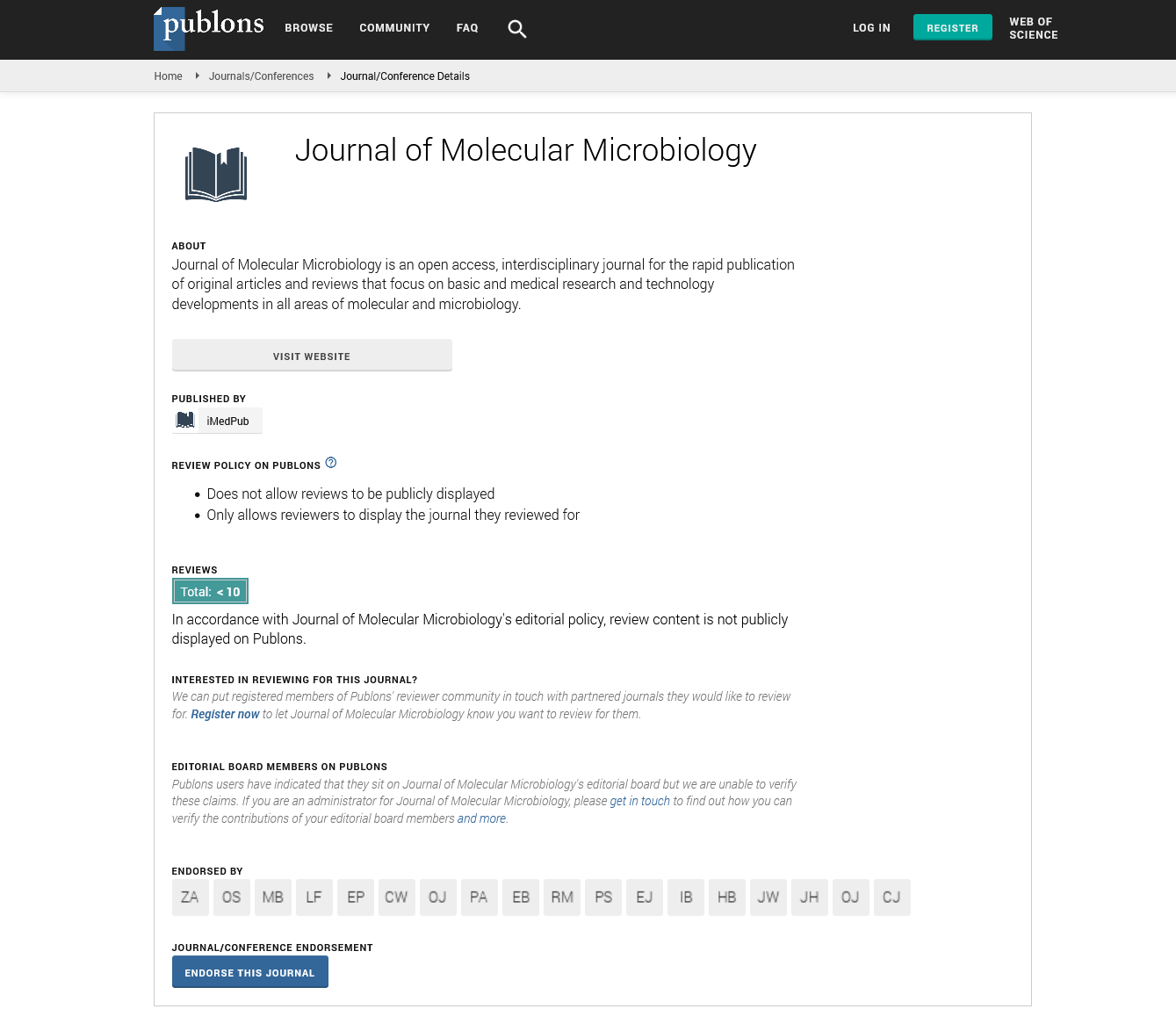Abstract
Cancer Nursing 2019: Knowledge, attitude and practice regarding prevention and screening of breast cancer among reproductive age women - Fakeeh College of Medical Sciences
To assess the knowledge, attitude, and practice regarding prevention and screening of breast cancer among reproductive-age women Introduction: Breast cancer is the second most common cancer among Nepalese women and placed a substantial burden on the Nepalese healthcare system, but information regarding the number of women living with breast cancer is not well recorded. Breast Cancer Deaths in Nepal reached 1054 or 0.65% of total deaths according to data published by WHO in 2017. The age-adjusted death rate is 9.21 per 100,000 of population & placed 163rd ranks in the world. The high rate of death is observed in women despite having a reliable screening method like breast self-examination for early detection. A study revealed that breast cancer was the most prevalent cancer and the fourth leading cause of cancer-related mortality among women in Asia. Breast cancer emerges as the most common organ cancer considering the first cause of death among women from 40- 45 years old. The incidence is increasing in the developing world due to increased life expectancy, urbanization and adaptation of western lifestyles and the only way to control this disease is early detection. The best way for early detection of breast cancer is screening and easily accessible by performing breast self-examination (BSE). Methodology: The study was approved by the research committee of Sanjeevani College of Medical Sciences with approval letter number 116/074/075 dated 29 October 2017. Participants' consent was sought at the beginning of the interview using a specially designed form attached to each interview guide. The interviewers also verbally explained the aim and objectives of the study and assured to maintain the confidentiality of their response. The interview was carried out to participants who agreed to proceed. A researcher developed a questionnaire containing 4 different sections having multiple specific items to assess the Socio-demographic information, Knowledge regarding breast Cancer, Attitude of reproductive age women regarding breast cancer, and Practices regarding prevention and screening of breast cancer. This tool was developed through an online search based on literature review, content validation, and establishment of reliability. The content validity was established by consulting various pieces of literature, peer review, and subject experts. The first section of the tool was related to socio-demographic information based on multiple choice answers. The second section of the questionnaire was set to assess the knowledge regarding breast cancer with multiple options and the third section was made to measure the attitude of reproductive age women regarding breast cancer with the help of 5 Likert rating scale with a specific answer such as 1= Strongly disagree, 2= Disagree, 3= Neutral, 4= Agree, 5= Strongly agree. The last section of the questionnaire was made to determine the practice regarding the prevention and screening of breast cancer with Yes/No options. A descriptive cross-sectional study was conducted to determine the women's knowledge, attitude, and practice regarding the prevention and screening of Breast Cancer. This research study was conducted in 110 women of reproductive age (15 – 45 yrs.) 5- point Likert scale and interview schedule with the help of structured and semi-structured questionnaires were used to collect data from 29th October 2017 to 29th November 2017. The interview was conducted successfully in a friendly environment without any abnormal behavior like shame and fear from participants. The collected data were analyzed by using descriptive statistical methods such as frequency, percentage, and mean. Result: The results were computed by using descriptive statistics based on the objectives of the study to assess the socio-demographic data and measure the knowledge, attitude, practice regarding prevention, and screening of breast cancer of reproductive-age women.
Conclusion: It is a known fact that breast cancer is the life-threatening disease of women so; early detection is an issue of necessity to be uplifted. The results of the present study suggest that knowledge regarding breast cancer, its risk factors, sign & symptoms, preventive measures, and the performance of BSE is inadequate. So, it is a topic of concern that the knowledge regarding breast cancer prevention and screening methods should be reached in every corner of the world. Hence, early detection to improve breast cancer outcome and survival remains the cornerstone of breast cancer control.
Author(s): Dena Attallah
Abstract | PDF
Share This Article
Google Scholar citation report
Citations : 86
Journal of Molecular Microbiology received 86 citations as per Google Scholar report
Journal of Molecular Microbiology peer review process verified at publons
Abstracted/Indexed in
- Google Scholar
- Publons
Open Access Journals
- Aquaculture & Veterinary Science
- Chemistry & Chemical Sciences
- Clinical Sciences
- Engineering
- General Science
- Genetics & Molecular Biology
- Health Care & Nursing
- Immunology & Microbiology
- Materials Science
- Mathematics & Physics
- Medical Sciences
- Neurology & Psychiatry
- Oncology & Cancer Science
- Pharmaceutical Sciences
